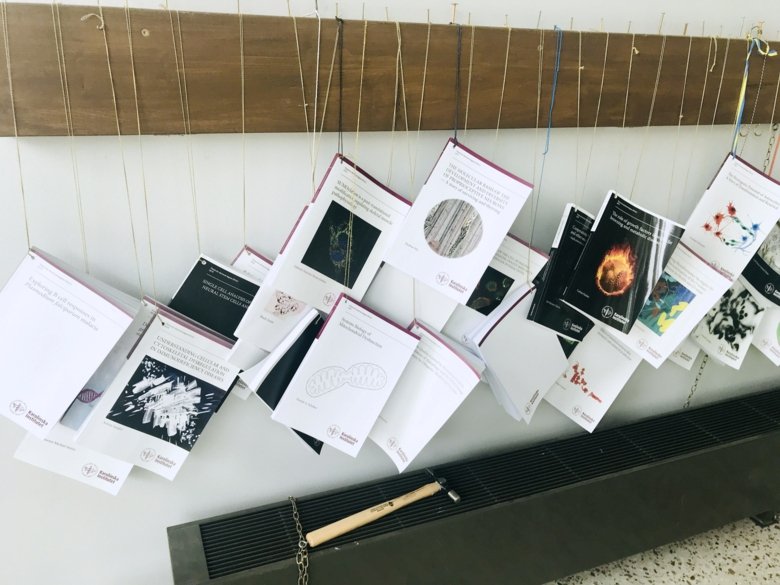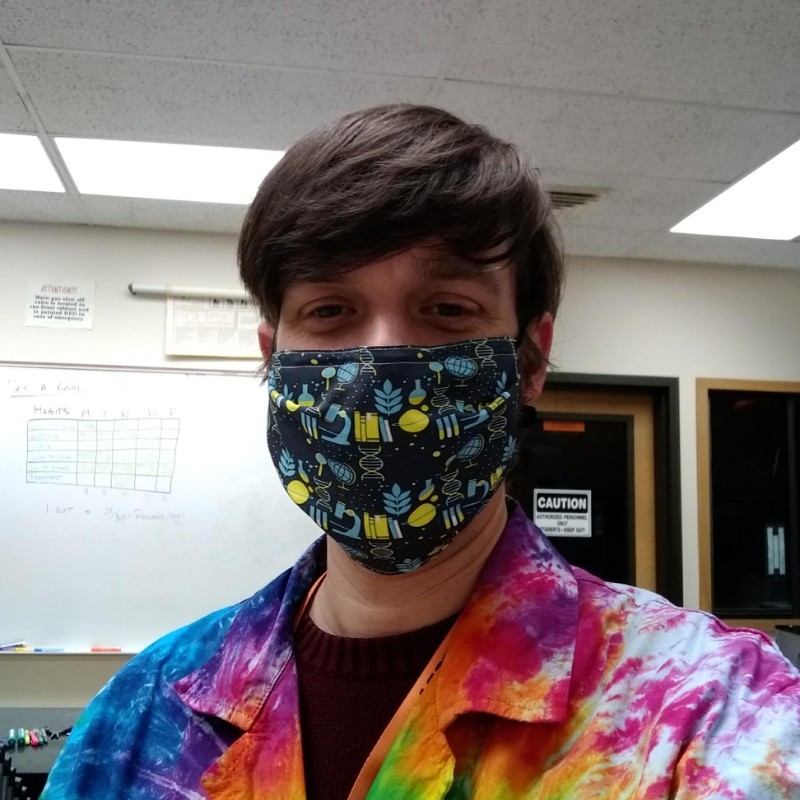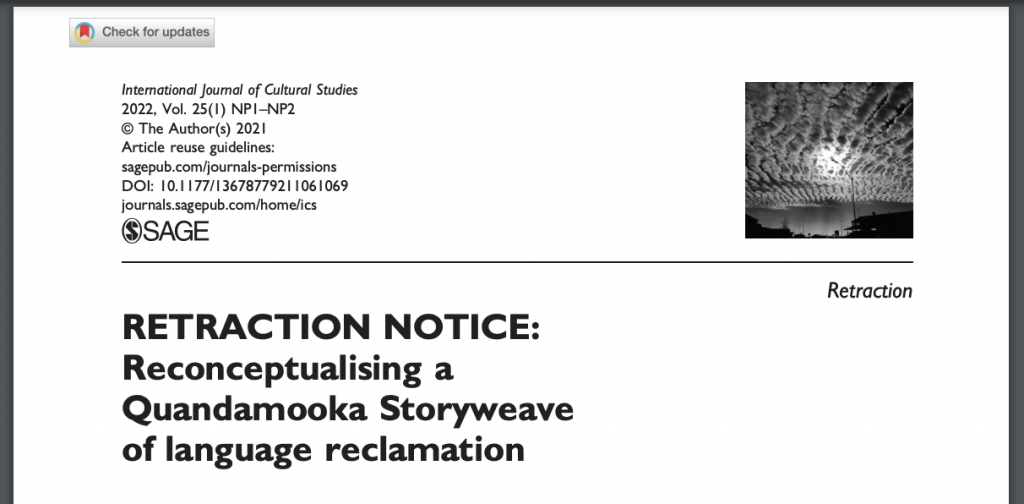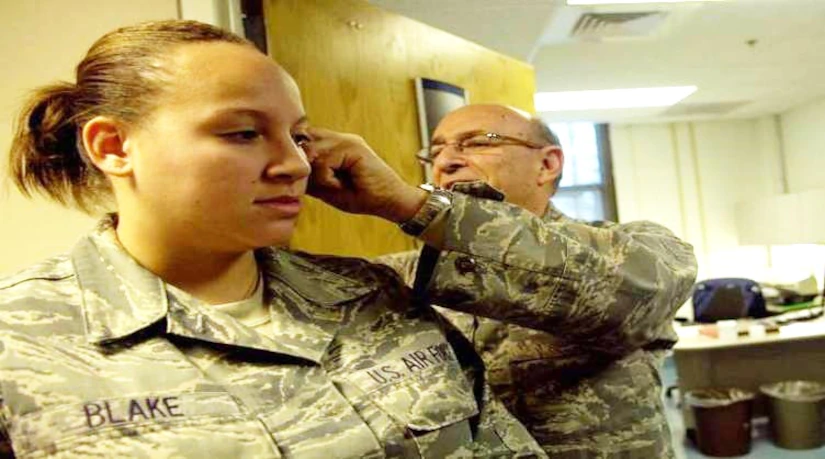The ‘publish or perish’ culture is no longer reserved for academic faculty and post-doctoral fellows. The paradigm has spilled over (or bled into) medical training, aided by the digital revolution. The widespread availability of online library catalogs and referencing software has enabled the mass production of systematic reviews and meta-analyses.
In short, medical research no longer requires original ideas, just access to the internet, which is perhaps why, as one 2018 editorial put it, there is “Replication, Duplication, and Waste in a Quarter Million Systematic Reviews and Meta-Analyses.”
With all of that in mind, the orthopaedic surgery residents at McMaster University in Hamilton, Ontario, Canada, gathered virtually for their annual research day to debate whether they supported or rejected the status quo that residents be encouraged to publish systematic reviews and meta-analyses. At the start of the debate, following an opening Visiting Professor Presentation on trends in retractions by Retraction Watch co-founder Ivan Oransky, 58% of the residents opposed the status quo, while 42% supported it.
Continue reading Should residents and fellows be encouraged to publish systematic reviews and meta-analyses?







